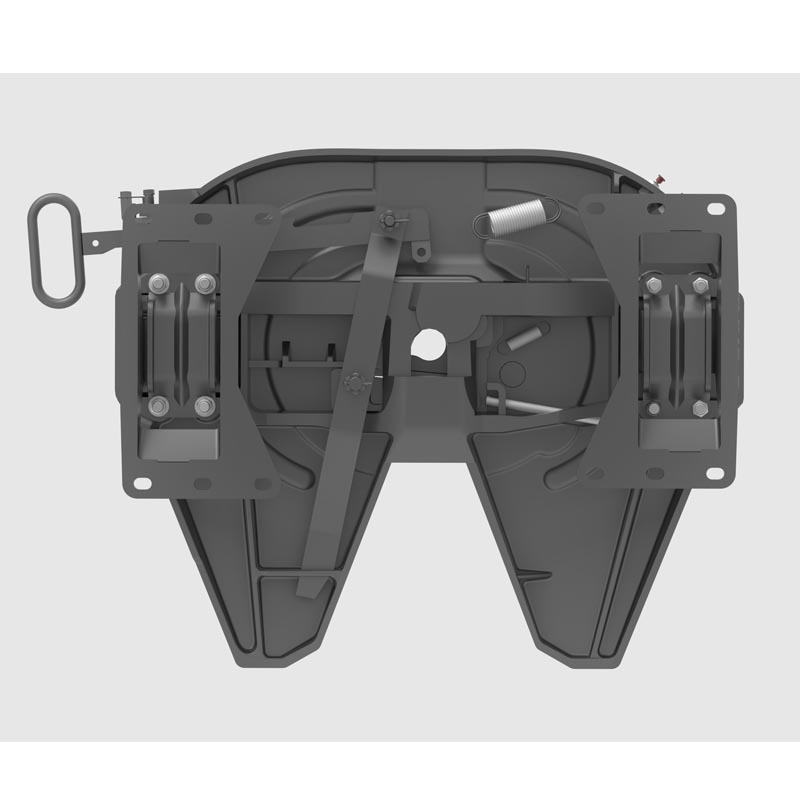
- Afrikos
- albanų
- amharų
- arabiškas
- armėnų
- Azerbaidžaniečių
- baskų
- baltarusių
- bengalų
- bosnių
- bulgarų
- katalonų
- Cebuano
- Kinija
- Kinija (Taivanas)
- Korsikos
- kroatų
- čekų
- danų
- olandų
- Anglų
- Esperanto
- Estų
- suomių
- Prancūzų kalba
- fryzų
- Galisų
- gruzinų
- vokiečių
- graikų
- gudžaratų
- Haičio kreolų
- Hausa
- havajietis
- hebrajų
- Ne
- Miao
- vengrų
- islandų
- igbo
- Indoneziečių
- airių
- italų
- japonų
- javiečių
- kanada
- kazachų
- khmerų
- Ruandos
- korėjiečių
- kurdų
- Kirgizų
- Darbo
- lotynų kalba
- latvių
- lietuvių
- liuksemburgiečių
- Makedonietis
- malagasų
- malajiečių
- malajalių
- maltiečių
- maorių
- marati
- mongolų
- Mianmaras
- Nepaliečių
- norvegų
- norvegų
- oksitanų
- puštūnų
- persų
- lenkas
- portugalų
- Pandžabų
- rumunų
- rusų
- samoiečių
- škotų gėlų
- serbų
- Anglų
- Šona
- Sindų
- Sinhala
- slovakų
- slovėnų
- Somalis
- ispanų
- Sundanai
- suahilių
- Švedijos
- tagalogų
- tadžikų
- tamilų
- totorių
- telugų
- tajų
- turkų
- turkmėnų
- ukrainiečių
- urdu
- Uigūras
- uzbekas
- vietnamiečių
- valų
- Pagalba
- jidiš
- Joruba
Bal . 2024 m. 26 d. 15:26 Grįžti į sąrašą
What is a dual height fifth wheel? Fifth Wheel
The penktasis ratas arba patefonas – tai ant ko remiasi puspriekabės slydimo plokštė, o į vidų telpa smeigtukas.
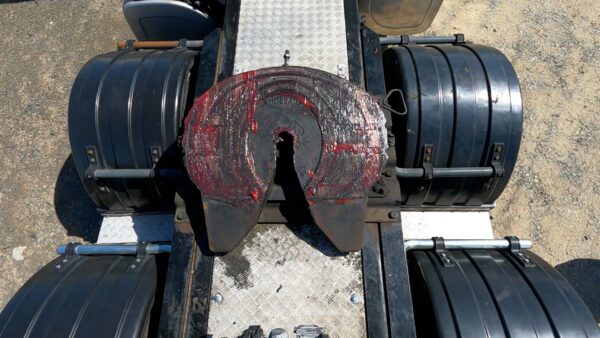
Šarnyrinis sunkvežimis turi susijungti, o šis šarnyro taškas yra aplink kaištį, kuris patenka į balninio rato centrą.
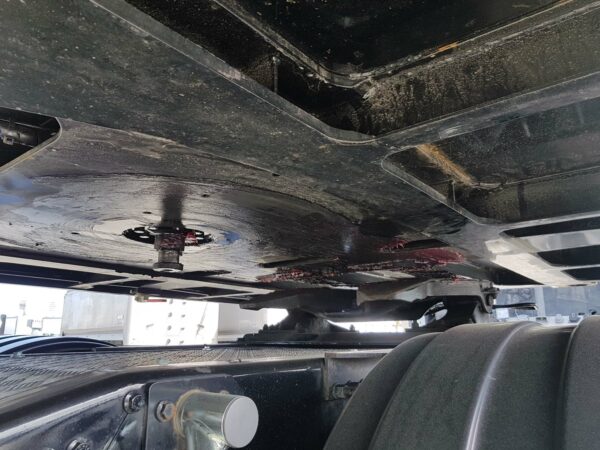
Fifth wheels are usually at a fairly standard height of around 1250mm, but this doesn’t suit all trailers and loads. This is where a dual height fifth wheel comes in handy. On the lowest setting, assuming the semitrailer is compatible, a fifth wheel might give 100mm or more extra headroom for a load. This could be the difference between a large piece of machinery being legal height or per aukštas.
Aukštos kokybės JSK liejimo balnas 37C
Taikant aukščiausią nustatymą, tai vėlgi gali suteikti horizontalesnę pakrovimo platformą, atsižvelgiant į priekabos specifikacijas.
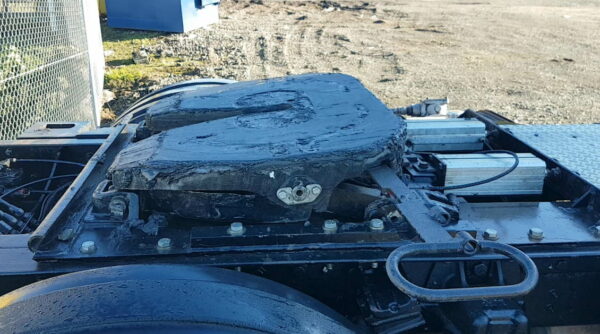
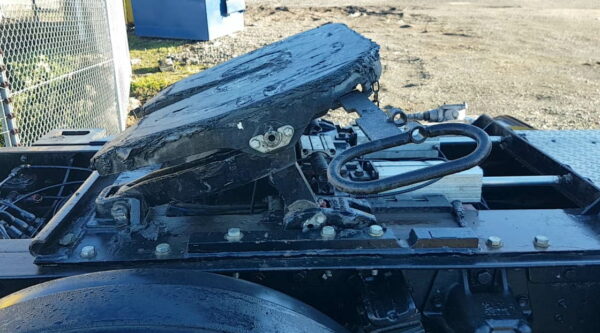
Aukščio reguliavimas
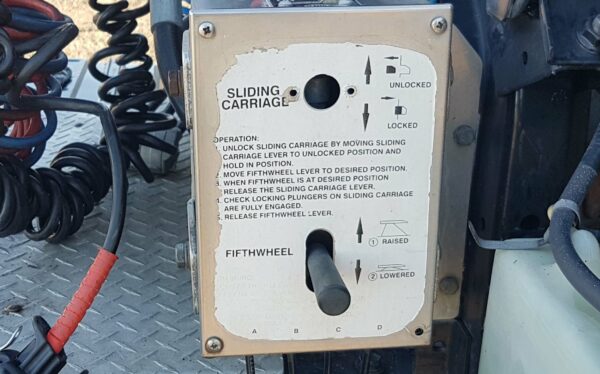
A dual height fifth wheel is controlled from a panel that’s usually behind the cab. This activates air rams which push a mechanism to lift the fifth wheel. These systems are vulnerable to tampering, so it’s important that a driver checks the settings after returning to the lorry.
Vilkikas turi stovėti su įjungtais stovėjimo stabdžiais ir Nr puspriekabė prijungtas.
Pull the locking handle out to disengage the locking pin mechanism, or there may be a switch or button to control the locking – change this to unlocked.
Paspauskite kėlimo valdymo mygtuką ta kryptimi, kuria norite perkelti balninį ratą (aukštyn arba žemyn). Jūsų penktasis ratas gali turėti tik du nustatymus arba jis gali būti paliktas bet kurioje padėtyje nuo žemos iki aukštos.
If your fifth wheel has manual unlocking you may need to release a second stage lock and put the locking pins back into place – make sure they are all the way through and visible from the outside. If there’s a locking switch, activate it once you have finished. Then you can connect the trailer.
-
jost-fifth-wheel-weight-capacity-explained
žiniosAug.23,2025
-
preventing-rust-on-fifth-wheel-plates-for-semi-trucks
žiniosAug.23,2025
-
light-weight-fifth-wheel-tire-care-guide
žiniosAug.23,2025
-
why-off-road-trailers-need-a-heavy-duty-fifth-wheel
žiniosAug.23,2025
-
step-by-step-guide-to-lubricating-holland-5th-wheel-parts
žiniosAug.23,2025
-
how-jost-fifth-wheels-enhance-trailer-stability
žiniosAug.23,2025
